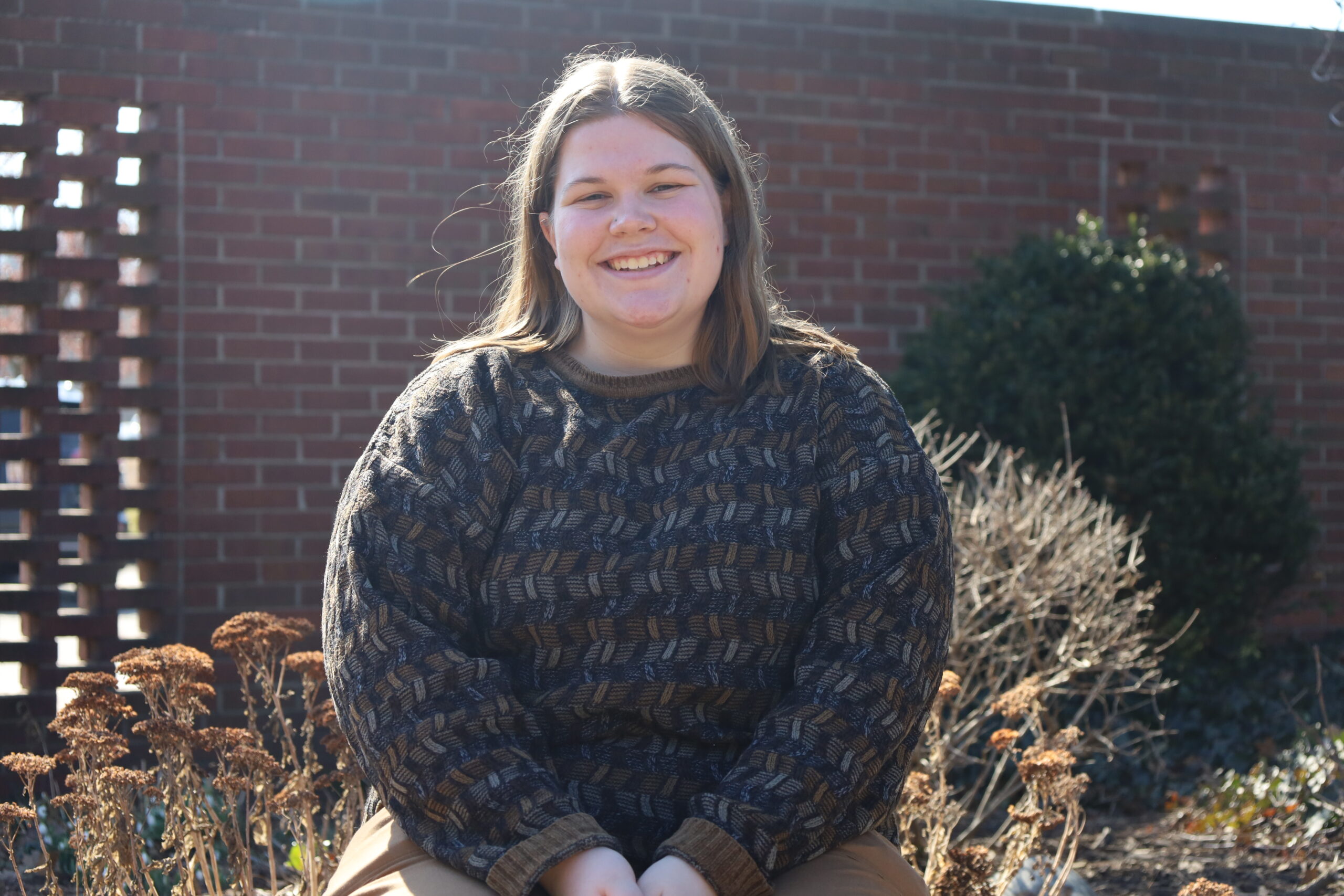I heard about Monologues from some friends in my first year here at Goshen College. They spoke of this magical project where people anonymously submit experiences about their joys, struggles or grievances with the feminine experience. When these stories were collected, they were all performed in front of an audience. In theory, only the person who wrote their monologue would know that it was their story being told.
It took me a year to submit my own monologue. I sent it in on the last day the committee was accepting monologues last year because I was so nervous, and I waited until the performance last spring to see it acted out.I felt validation, knowing that someone was willing to take my monologue and embody my character. They did it without knowing it was mine, they took it seriously, and they respected me.
I left the performance last spring riding a high in some ways. As I walked to the dorms with one of my male friends, we discussed everything that we had just seen. The first thing that he said to me after the performance was: “Dang, I really just want to know who wrote each of those monologues.” He continued by sharing some of his guesses of who wrote what.
The first thing I felt toward him was anger. I thought about the piece that I had written and knew it wasn’t something that I would want to talk with him about. I wanted to yell at him — until I realized that I felt like him during some of the different parts of the performance.
The truth is that it’s extremely easy to speculate about who the authors of these pieces are. I’ve sat through so many monologues thinking about if I know who the author is — not to gossip, but because I might want to start a conversation to check in with them.
The first monologue that was shared during last year’s performance was about writing monologues on a small campus. It takes extreme vulnerability to write many of the things that are shared, and, as that monologue stated, it takes bravery as well — being on a small campus makes it easier to think through people’s stories and single out who might be sharing that monologue.
The truth is that our campus needs a space where something can remain truly anonymous. There have been times where I’ve shared something with a friend, and within days, I’m hearing opinions of people I’ve never talked to before in response to the comment I made. Some could argue that YikYak could be GC’s anonymous space, but the fact that Goshen Monologues merits a convocation swipe this year should tell you enough about how sacred the space of the performance is.
This year for the first time, I’ve joined the cast and realized that more than just the performance is a sacred space. I look forward to rehearsals each Wednesday because of the break I get to take from all of my worries to spend time with friends as we talk through difficult topics and how our days went. The space that Goshen Monologues has created is sacred.
I intentionally picked this week to write on this topic because of the yearly performance coming up. I thought about the conversation with my friend last year, and wanted to make sure that it wouldn’t happen again.
Monologues often come from vulnerability — it takes a lot to muster up the courage to write one.
I strongly encourage anyone reading this to attend the performance in Umble Center on March 10 this year. If you’ve never been to a performance, look in The Record archives for other opinions. So many before me have shared about the power of Goshen Monologues.
As you listen to the stories, think about the humans behind the stories — not who they are, but rather the fact that they’re humans like you and me. As you leave, try to avoid criticizing anything you heard — you could be talking to an author without knowing it. Realize that all of the stories are from people you walk past or have classes with, and offer yourself and others grace as you go out.
Sarah is a junior music education major from Kalona, Iowa. She has been enjoying learning to play the mandolin and piano, as well as memorizing her monologues for the upcoming performance.




